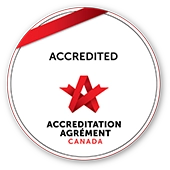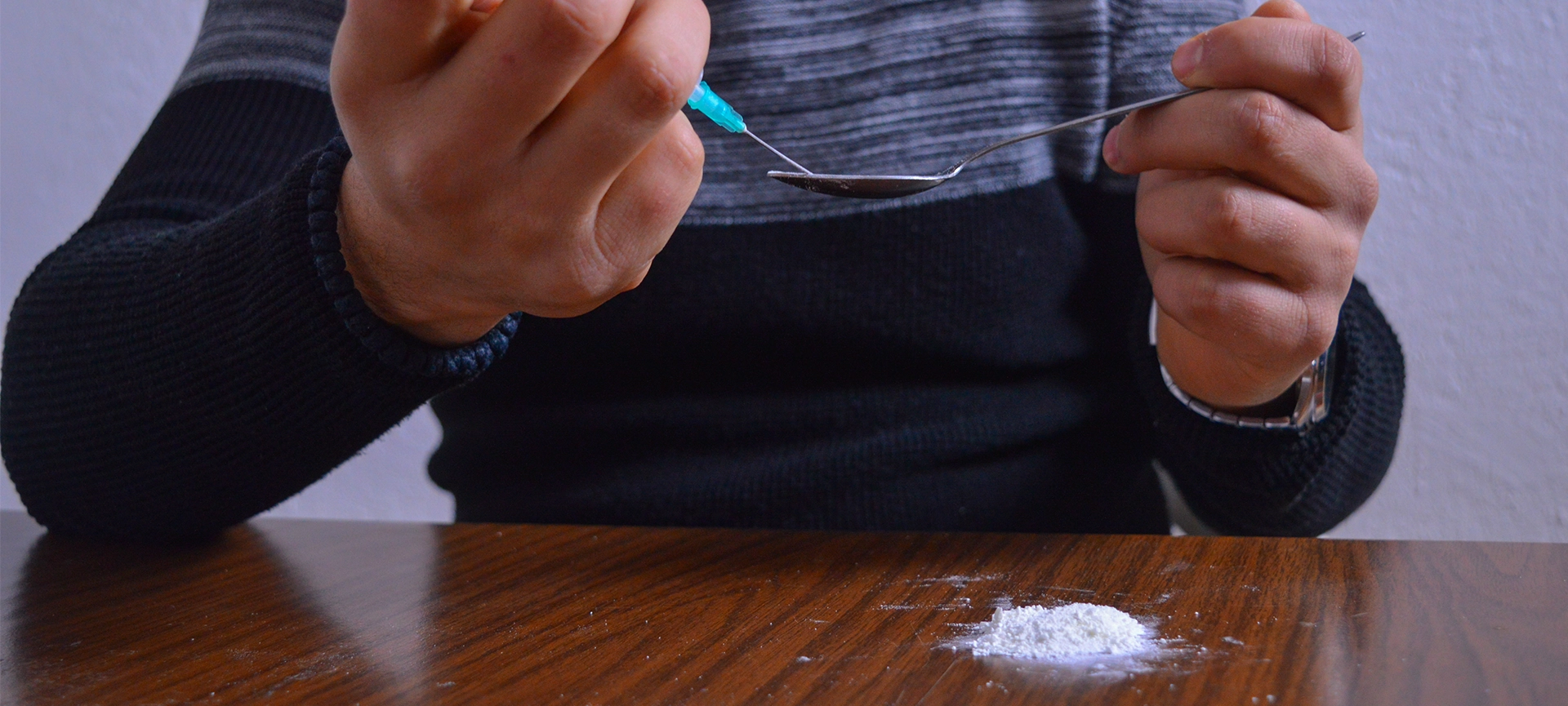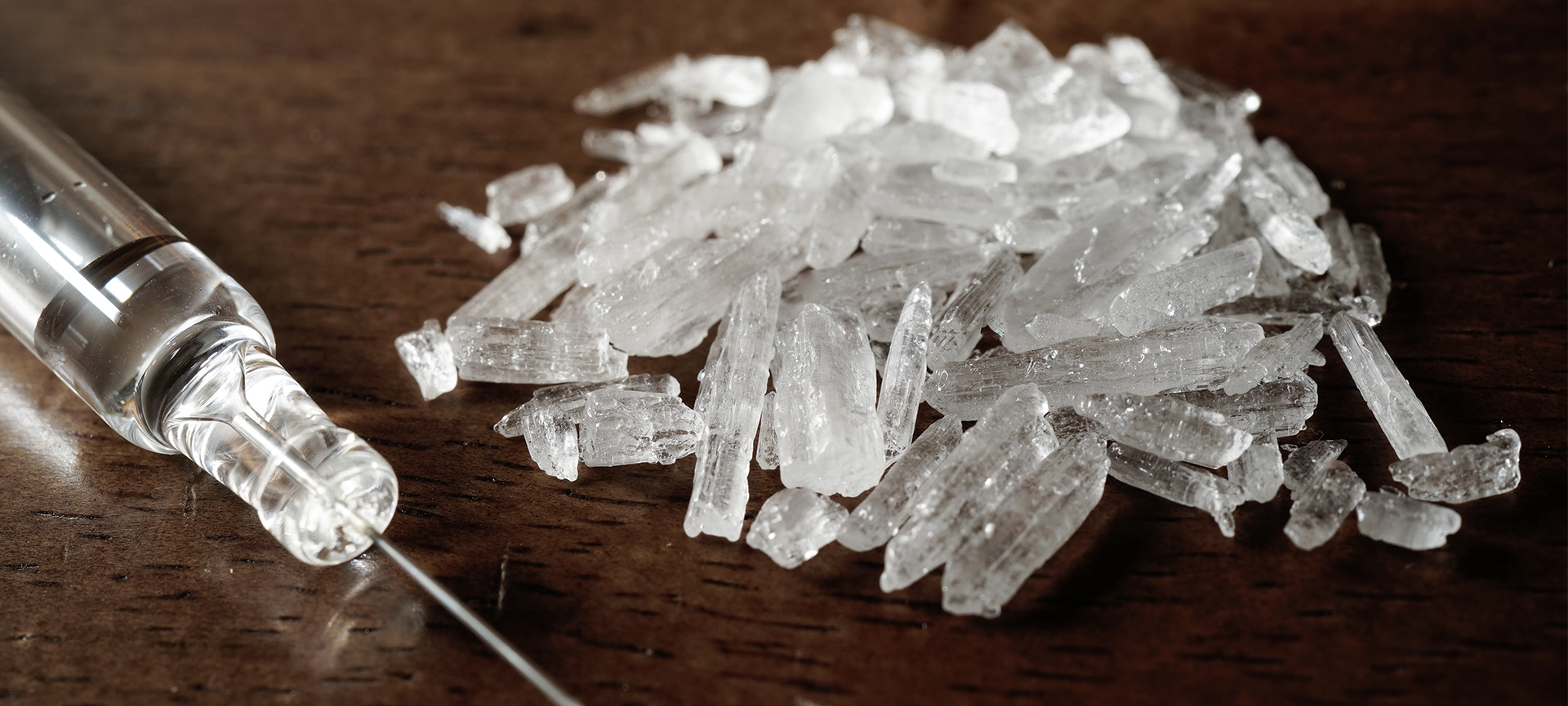According to the Canadian Centre on substance and addiction, only about 0.2% of Canadians use Methamphetamines. While that may seem like a low number, it’s not an ignorable figure when you project it over the entire Canadian population.
Unfortunately, modern medicine is yet to find a surefire pharmacological treatment for meth addiction. As such, the condition is often tricky to deal with, leaving caregivers to rely on therapy and other alternatives to help addicts recover.
If you have a history of methamphetamine use, this post is for you. Here we’ll examine the causes and symptoms of meth addiction. We’ll also explore the various treatment options available for it and where you can find help if you need it.
Symptoms of Meth Addiction
Methamphetamine addiction is a substance use disorder characterized by a consistent desire to use the drug. Methamphetamines are highly addictive, and you can get hooked after only trying them a few times. That’s why professionals advise against using it at all.
If you’ve used meth a few times recently, you’re likely already developing an addiction. If you suspect you’re developing a dependence on meth but aren’t sure, you’re probably addicted already. Look for the following symptoms to validate your suspicions.
Desire for the Rush
Most addicts describe the euphoria accompanying meth use as a rush. Methamphetamine causes a sudden boost in energy, alertness and self-confidence levels. If you find yourself desiring these effects due to meth use, check into a meth rehab program in Toronto ASAP.
General Substance Withdrawal Symptoms
Most typical substance withdrawal symptoms include:
- Unease
- Jumpiness
- Anxiety
- Intense cravings
- Nausea
- Irritability
- Physical pain
- Incongruent thoughts
- Irregular behaviour.
Feeling any of these symptoms sometime after meth use is a sign you should talk to an addiction specialist immediately.
Other signs include;
- Using meth in larger doses than usual
- Relying on it as a crutch whenever you experience physical or psychological discomfort
- Unsuccessfully trying to quit meth.
- Severe skin itchiness; feeling like bugs crawling over or under your skin
- Decreased appetite
If you suspect someone close to you has a meth addiction, watch out for the following signs of inappropriate meth use.
- Unexplainable body sores, usually a result of incessant scratching
- Rotting teeth (known as meth mouth)
- Drastic weight loss resulting in a very frail-looking physique
- Inconsistent energy levels; sudden spikes followed by sudden crashes
- Irritability
- Paranoia
- Increased body temperature
- Facial acne and droopy-looking facial skin.
Related Article: How Much Does Meth Addiction Rehab Cost in Canada?
Causes of Meth Addiction
In most cases, the precise cause of meth addiction depends on circumstances peculiar to each individual. But generally, a bunch of factors contribute to this problem. The two commonest ones are;
Genetics
Some researchers claim that parents can pass on addiction tendencies to their children. Children with addicts as parents may be more likely to develop a dependence when they consume highly addictive substances like methamphetamines.
Primarily, if you have a first-degree relative with a substance addiction problem, you should never try out any addictive substance. You stand a higher risk of developing a substance use disorder.
Brain Chemistry
So far, the most widely accepted speculation regarding the cause of meth addiction is its effect on brain chemistry. When you use meth, it produces a state of euphoria accompanied by energy bursts and decreased fatigue.
The euphoria results from the brain releasing higher levels of dopamine; a neurotransmitter that incites feelings of pleasure. This pleasure rush is addictive and most people continue taking the drugs to experience this feeling.
But with each continuous dosage, the drug alters the brain’s functions and makes it unable to release sufficient levels of dopamine naturally. Primarily, your brain begins to depend on the drugs to produce the neurotransmitters responsible for the feelings of pleasure.
Treatment Options for Meth Addiction
The primary treatments doctors recommend for meth addiction are detox and therapy. Detox is a process the body undergoes to push out all toxic materials it has stored up. This procedure can be natural or doctors may augment it with medications to make it faster and less painful.
Methamphetamine can remain in the body for over 24 hours. The CCSA reported that it takes 12 hours for 50% of meth to leave the body after use. As such, detox for meth can take between 24-72 hours. In extreme cases, it may take up to a week to complete meth detoxification.
After detoxification, your body then begins to heal itself. But that doesn’t mean you’re free of your addiction yet; that’s where therapy comes in.
Doctors recommend therapy to help addicts deal with the psychological aspect of their addiction. Here, you’ll have conversations with professional therapists to learn the cause of your addiction and how to deal with it. Primarily, you’ll learn how to live a meth addiction-free life during therapy.
Therapy may also feature many holistic treatment options like Yoga sessions, meditation, music therapy, and other habit-forming activities. Doctors encourage this to help you build new hobbies to replace and cancel out the negative effects of your meth addiction.
Related Article: Meth Addiction and Its Effects on the Body
Don’t be a Victim of Meth Addiction
We’ve examined what meth addiction looks like, the risk factors that increase the chances of developing it and the treatment options. This information should be sufficient to help you get on a path to freedom and live a life unencumbered with substance use disorder.
Understandably, you or someone you know may need help overcoming meth addiction. At Addiction Rehab Toronto, we have a vested interest in helping people recover from substance use disorder.
Feel free to contact us to discuss the best meth addiction treatment options for your recovery needs.









